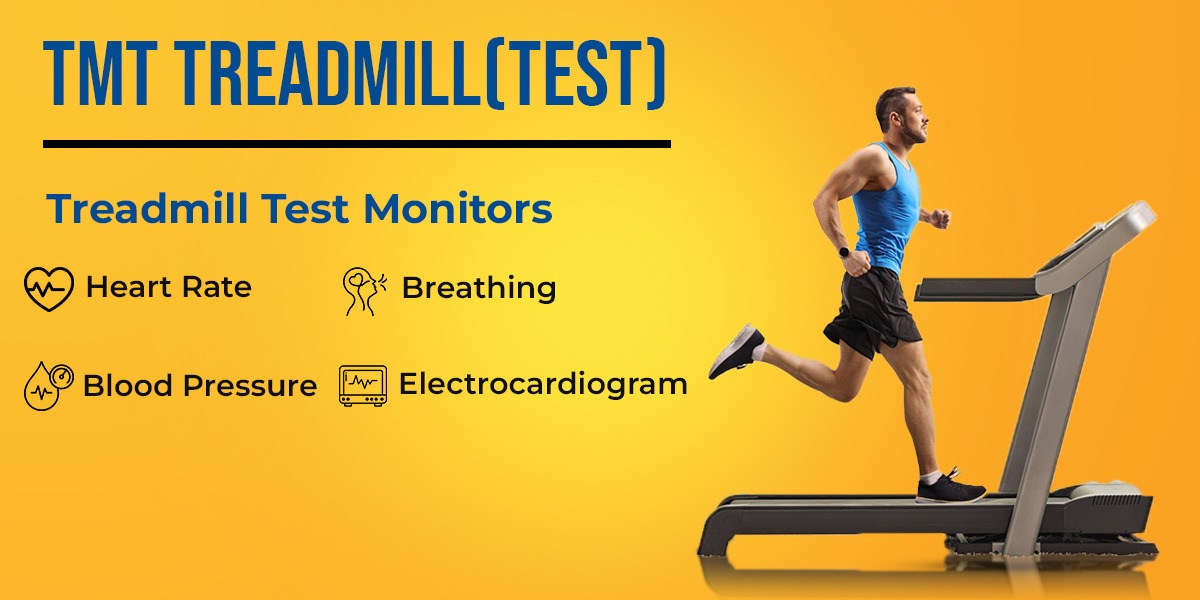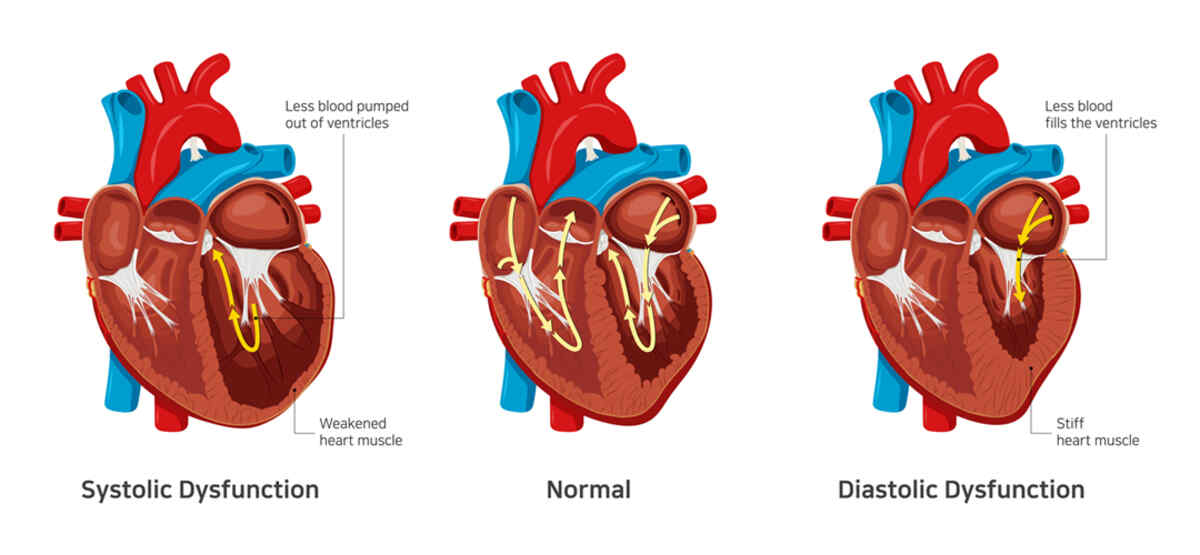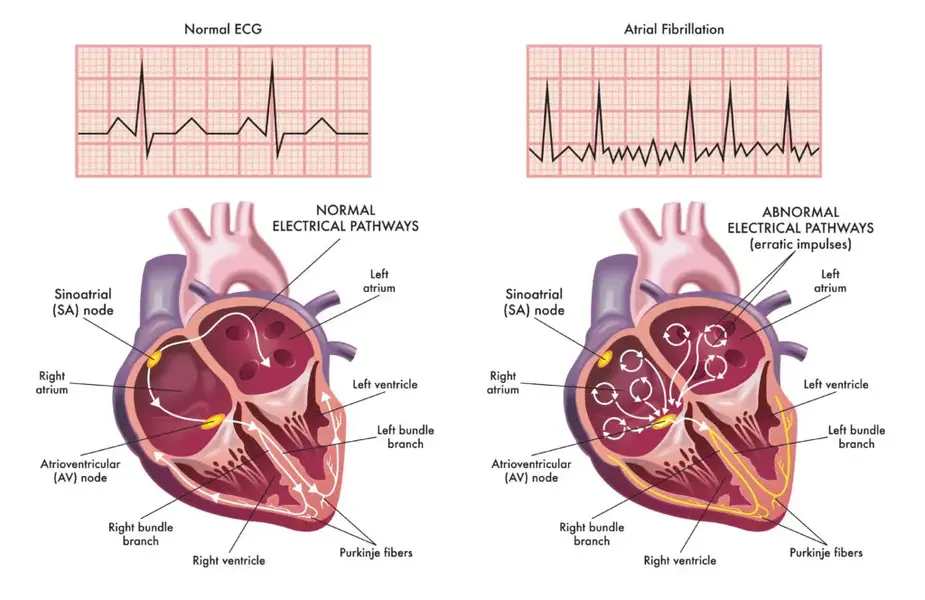TMT Test
A treadmill test, TMT test, or exercise stress test involves walking or running on a treadmill. It helps doctors see how well your heart works under stress compared to when you're at rest. This test helps check heart function, especially for people at higher risk for heart disease due to their health conditions.
What is the TMT Test?
A TMT test checks your heart's overall health. You will run on a treadmill throughout the test. At the same time, doctors monitor how far you can go before experiencing irregular heartbeats or reduced blood flow to the heart.
Why is the TMT test necessary for the heart?
A TMT test may be recommended to assess heart health for various reasons. It's commonly suggested for people with diabetes who could be at risk for heart issues. It may also be advised for those with a history of heart disease or previous heart treatments. Here's why a TMT test might be used:
- To identify issues with the heart muscle or valves.
- To check if the heart is getting enough blood
- To determine how effectively the heart pumps blood.
- To diagnose coronary artery disease
The test can also help determine if someone is in good enough shape to start a new exercise program safely.
Risks of a TMT Test
A TMT stress test is generally safe because it's done in a controlled setting with expert supervision. However, some rare risks can include:
- Chest pain
- Irregular heartbeat
- Fainting
- Collapsing
- Heart attack
These risks are implausible because a trained professional closely monitors you throughout the test.
TMT Test Procedure
The TMT test is done under controlled conditions, and patients usually receive specific guidelines to follow. The doctor often sets the test duration to reach particular goals during the exercise. Before starting, the patient might have a brief physical exam.
The test starts with the patient strolling on the treadmill. The speed is gradually increased, and the progress is recorded. If the patient faces any issues, the doctor can help and may stop the test if needed.
After the test, the doctor will continue to monitor the patient's heart rate and breathing for a short time.
After the TMT Test
After the TMT test, the patient will be monitored closely and may receive help to calm down. Medical staff will address any issues with high blood pressure.
Results of the TMT Test
The results of the TMT test are usually available a few days later. They may show irregular heart rhythms or other heart conditions, such as coronary artery disease.
Normal TMT Test Levels
If the heart works correctly and receives enough blood, the patient should reach the expected milestones during the test. This suggests that there is no significant risk of coronary artery disease. Average heart rates can vary with age and may be lower in athletes. The maximum heart rate for adults is estimated by subtracting the patient's age from 220.
|
SI. No.
|
Type of stress test
|
Range
|
Status
|
|
1
|
Walking recovery
|
< 12 bpm
|
Abnormal
|
|
2
|
Walking recovery
|
> 12 bpm
|
Normal
|
|
3
|
Lying on back
|
< 18 bpm
|
Abnormal
|
|
4
|
Lying on back
|
> 18 bpm
|
Normal
|
Abnormal results from a TMT test may suggest the presence of heart issues.
Precautions to Take Before the TMT Test
Before having a TMT test, follow these recommendations:
- Avoid eating heavy meals within two hours of the test.
- Try to do brisk walking for a few days before the test.
- Refrain from drinking tea, coffee, or alcohol before the test.
- If you have asthma, use your inhaler as advised before the test.
Positive TMT Test
A positive TMT test means that the patient's ECG showed changes related to angina after exertion. This indicates that the heart isn't getting enough blood and suggests the presence of ischemic heart disease.
Negative TMT Test
A negative TMT test means that even under moderate or high stress, the patient's heart receives enough blood and shows no signs of ischemic heart disease.
Conclusion
The TMT, or treadmill test, assesses heart health and diagnoses certain heart conditions. During the test, the patient walks or runs on a treadmill while their heart rhythms and breathing are continuously monitored.
FAQs
1. How long does the TMT test take?
A standard TMT test usually takes about 10 to 15 minutes.
2. Can I eat before the TMT test?
Follow the doctor's instructions regarding food and medication. Avoid certain foods or adjust your medications.
3. What if I don't pass the stress test?
Don't worry if you don't meet the expected results. The issue might not be related to your heart. The doctor may suggest another test to evaluate your condition better.
4. Who should avoid the TMT test?
People who have had a heart attack in the last 48 hours, those with uncontrolled blood pressure or heart conditions, or those who are seriously ill from other health issues should not undergo the TMT test.





.jpg)